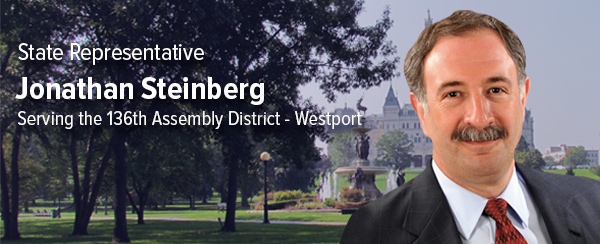
July 9, 2015
I voted against the budget. I ended up voting for the implementer bill, albeit reluctantly. Why? Because it made the original budget bill better. In that sense, the implementer was the "mitigator."
The implementer is a necessary evil. At the end of the legislative session, there's a need to reconcile both statutory language and new spending created by all the bills that were passed during the session, particularly those passed after the budget was set. It tends to be a "dog's breakfast" of unrelated items, changing topic from section to section. This year's implementer was no exception, running to 532 sections and over 600 pages.
The problems with the implementer process are several: it's typically delivered just before a vote is required (legislators saw it Sunday afternoon before a Monday vote); it includes pieces of bills which failed to pass previously (potentially good or bad); and also includes what are referred to as "rats" – assorted items which benefit specific legislators' districts and probably did not even have a public hearing.
There are always items in the implementer which would give cause to vote against it. However, it's never that simple. As was the case this year, the implementer included many improvements and good things. For example, higher taxes on data-processing and a new unitary reporting tax were rolled back -- taxes that were at the center of the controversy regarding business competitiveness. Additional funding was also found to mitigate higher taxes on hospitals – something I had fought hard to see happen.
Equally important in my decision to support the implementer, the tax rollbacks were paid for in part through means which the Moderates Caucus, which I lead, had espoused. We sought limits on prospective raises for state employees, currently under negotiation. The inflation estimates the state develops had assumed a 4.7% average annual salary increase, based on past raises. We argued that future increases should be less than half that percentage, based on inflation, wage stagflation, and the state's ability to pay.
We also lobbied for deriving funding from the new property tax relief package which was part of legislative leadership's signature initiative. We thought that there was plenty of money available to both satisfy the initiative (much of the money goes to big cities; Westport was allocated about $377,000) and also fund the rollbacks.
Both such proposed solutions were initially off the table, going nowhere. But our perseverance – and the votes we represented -- led to a final implementer package which included both changes. The Moderates had a direct impact on the "mitigation" of the budget.
You may remember that, in my previous op ed, I mentioned the difficulty in deciding how to vote when you get some of what you want, but short of what you thought was optimal. In this instance, virtually all of us chose to honor the integrity of our dialogue with leadership by grudgingly supporting the final product.
By doing so, we intend to play a role going forward. The next legislative session doesn't begin until February. But we've resolved to continue meeting in the meantime, developing strategies to address both comprehensive tax policy reform and a spending accountability to enhance the efficiency and effectiveness of state government.
Some might say that we're a bit ambitious, based on our recent limited impact on the process and the daunting magnitude of the endemic budget problems. But we view it as our obligation, as public servants, to finally fix the fundamental flaws which have plagued us in the past and shone in stark relief during this turbulent, benighted session.